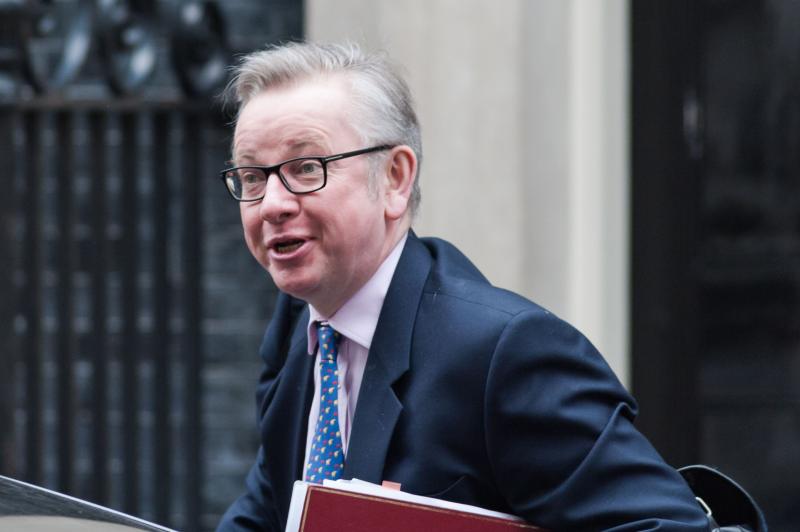
The government has announced for the first time that “concerted action” will be taken to tackle ammonia emissions from farming.
Publishing the Clean Air Strategy today (22 May), Defra says the agricultural industry is responsible for 88% of ammonia emissions.
Farmers will now be required to invest in the infrastructure and equipment that will reduce emissions.
The government has confirmed that farmers will be supported to achieve the strategy through the new system of public money for public goods.
Ammonia is a pungent gas produced in relatively large quantities from animal waste, concentrations of which are greatest in areas with the most livestock farming.
When released into the atmosphere, it increases the levels of air pollutants that are harmful to human health.
During a visit to meet air quality researchers at Imperial College, Defra Secretary Michael Gove said: "Government cannot act alone in tackling air pollution. Our strategy sets out how we will work with businesses, farmers, industry and households to develop innovative new solutions to reduce emissions.
"It also highlights how we can all take action and playing an important role in cleaning up our air."
'Significant contribution'
The CLA, a rural organisation which represents farmers, says it welcomes the opportunity to shape and deliver a strategy to improve air quality.
CLA President Tim Breitmeyer said: “Farmers and landowners can make a significant contribution to improving air quality as technology and research allows for more sustainable production systems.”
“We will consider carefully the proposals that require farmers to invest in any system or new infrastructure and equipment that helps deliver sustained improvements.
“It is important that any scheme put in place provides genuine incentives that support farming businesses to make these changes. This means a system which provides flexibility and easy engagement for applicants alongside clear obligations for delivery.”
A research report, also published today, shows a lack of awareness of the range of sources of air pollution, with most naming transport as the main cause.
The government says transport emissions are only one part of the problem, and that other sources include farming and even cleaning solvents.
'Extensive farming systems'
Environmental charity the Soil Association agrees that farming is a large source of pollution, and said the government's proposals fail to do enough to tackle its emissions.
It says the government should instead support a wider shift towards more extensive farming systems, such as grass-based systems and organic, that have higher animal welfare standards and lower stocking-densities.
Honor Eldridge, policy officer at the Soil Association, said: “The government must introduce new policies specifically to support the shift away from intensive livestock production methods that generate high levels of waste and reduce the use of artificial nitrogen-based fertiliser.
“The government must ensure that the forthcoming Agriculture Bill and the new post-Brexit farm policy will better protect our environment for future generations.”
